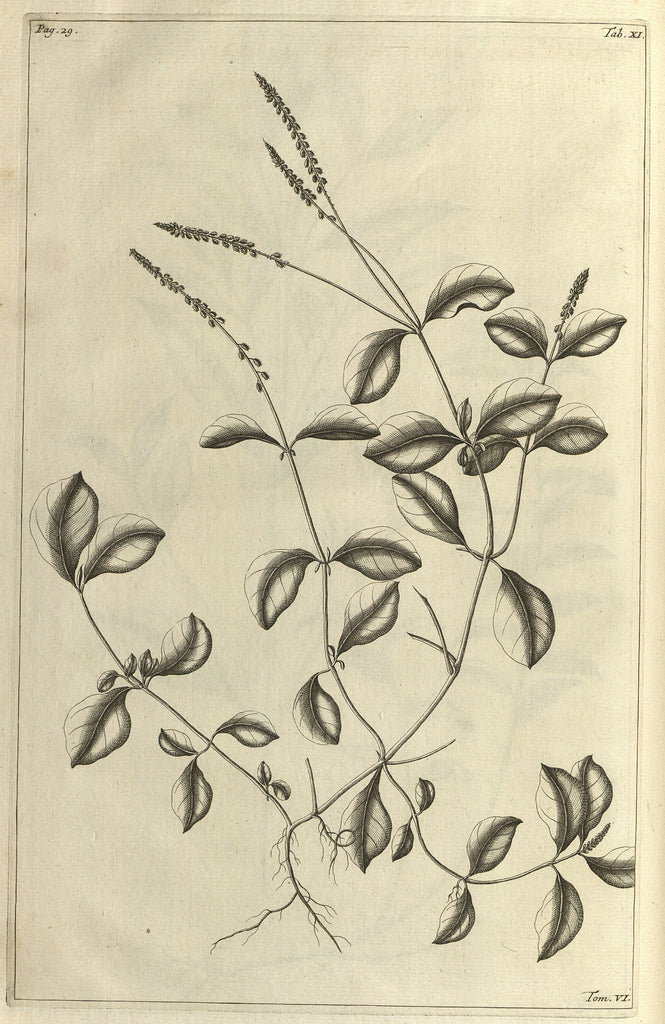This week we meditated on Cyathula root, Niúxī, 川牛膝.
Mediator A:
Mouth: Cooling, woody but light in flavor, sweet after steeping for a while.
Feeling the throat/neck area being highlighted. Intuition: the whole neck but referring to voice primarily. Then the energy shifts to the third eye and crown chakra. Sees a golden crown on their head. Energy stays at the crown. After the second steep, the third eye feels strong, I see deep blue, the color indigo, in the third eye area.
Meditator B:
Mouth: Cooling, mushroom flavor, love the taste, want to drink much more for the flavor, the flavor was addictive.
Meditation: I see a fire in my belly. It looked a little like a drawing of fire. I felt I was overheating for about five minutes. Then it felt like I had ice on the tips of my toes and fingers of my right hand. I had sweat above my lip and the feeling of chills, like my body was trying to cool down from a fever (but failing). I have a feeling this would be good for menstruation.
Traditional Use:
This herb is used according to tradition to invigorate the blood, ie for blood stagnation and to "unblock menstruation" and reduce menstrual pain. It is considered "anti-inflammatory" and used for joint pain (an alternative name is "ox-knee from Sichuan"). It was used for rheumatic fever. It was also used for nosebleeds, dizziness and pains in the head (headache, toothache). Though this herb is used for some fevers, inflammation, and other signs of heat, it is considered neutral in terms of yin/yang.
Plant Meditation Club information is based on meditation not scientific research. Historical use is also discussed. These posts are intended to share about personal experimentation with herbs that are commonly used. This post is in no way intended to diagnose, treat, or cure any diseases or conditions. If you experiment with Plant Meditation you do so at your own risk. Many of the herbs we use are used in commercially prepared teas and are easily found online, they may have contraindications or cause drug interactions.

